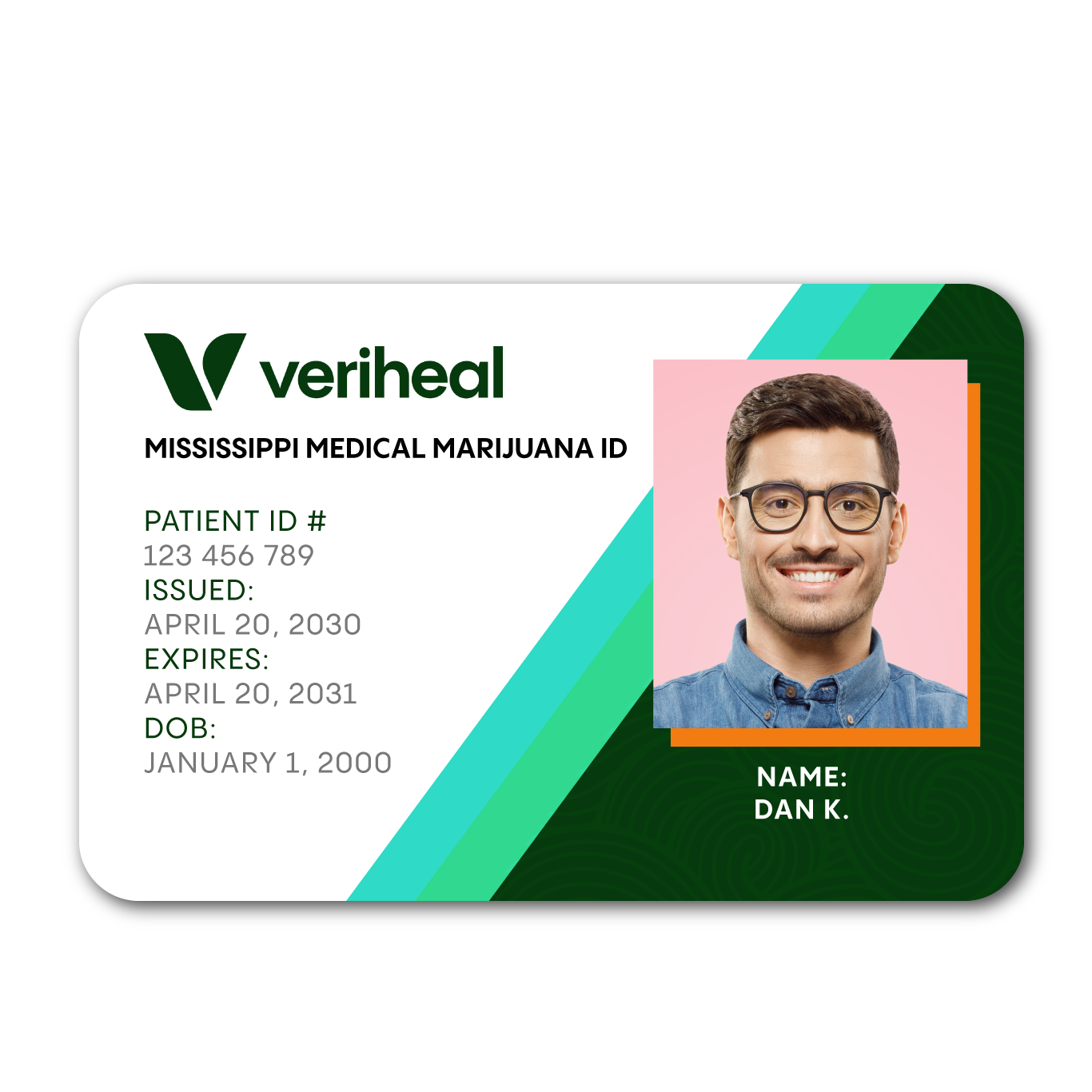The Status of Cannabis Legalization in Mississippi
Beginning July 1, 2024, Mississippi medical cannabis patients will be able to pick up their medicine once a month rather than every seven days. This change benefits those living in rural parts of the state who have to travel long distances once a week to get their medical marijuana. Beginning in July, these patients will only have to make this trip once a month.
Mississippi officially legalized medical cannabis in January 2o22. The state began accepting applications for medical cards in February 2022, and the first dispensary sale was made in Brookhaven, Mississippi in January 2023. While the program is still largely in its infancy, it has already generated more than $15 million in sales.
In September 2023, the government moved to update some of the regulations surrounding the medical card process. These updates targeted the card renewal process as well as changing the process for out-of-state residents. Additionally, changes were made regarding advertising for both medical providers and dispensaries.
All purchases of medical cannabis are registered in the Mississippi Prescription Monitoring Program (PMP) to ensure that patients don’t purchase more than the legal limit each day.
How to get a Medical Marijuana Card in Mississippi
To receive a medical marijuana card in Mississippi, you must provide a few documents first.
You’ll need a valid ID, written certification of a qualifying medical condition, and to be over 18 years of age. You cannot hold a CDL license or be a bus driver, law enforcement personnel, or a firefighter.
Minors under the age of 18 can only qualify for the medical cannabis program with parental or guardian consent. Additionally, parents and guardians are responsible for controlling the administration of cannabis as well as its dosage. Minor patients are unable to enter a dispensary without a parent or guardian present.
The medical cannabis card application fee is $25 due to the Mississippi State Department of Health for the initial application and $25 for every renewal. Patients who are considered disabled veterans or disabled first responders who have documentation noting them as such may apply for the application fee to be waived.
Caregiver Rules
Cardholders can designate a caregiver to help them with getting their medical cannabis from a cannabis business. If you need more than one caregiver, you must submit information documenting that more caregivers are needed due to the patient’s age or medical condition.
According to the MSDOH, caregivers must be 21 or older unless they are the parent or guardian of a Mississippi medical marijuana patient who is a minor. Caregivers also may not have certain prior felonies or convictions. Felonies and convictions that can disqualify you from becoming a caregiver include:
- A conviction for a crime of violence according to MS law.
- A conviction for a crime that is defined as violent by law in the jurisdiction that the offense was committed in.
- A conviction or felony for violating any federal or state substances law including any probation, incarceration, or supervised release within the past five years.
- Though these are not currently detailed out, in most states this usually includes drug possession or distribution charges. Caregivers can assist no more than five patients at a time unless the caregiver works at a health facility or similar institution that provides care to patients.
A caregiver application fee will be applied and cost $25 a year. The background check that is part of the requirements for a caretaker will cost the applicant $37.
Qualifying Conditions
The qualifying conditions that are approved for medical cannabis treatments in Mississippi include:
- Alzheimer’s disease
- Amyotrophic Lateral Sclerosis
- Autism
- Cachexia
- Cancer
- Chronic pain (refractory)
- Crohn’s disease
- Diabetic/peripheral neuropathy
- Dementia-related agitation
- Glaucoma
- Hepatitis
- HIV/AIDS
- Huntington’s disease
- Muscular dystrophy
- Nausea
- Parkinson’s disease
- Post-traumatic stress disorder
- Seizures
- Severe and persistent muscle spasms
- Sickle cell disease
- Spastic quadriplegia
- Spinal cord disease
- Ulcerative colitis
Potency Restrictions
Cannabis flower must not exceed 30% of THC levels, and tinctures, oils, and concentrates may not exceed 60% THC. Additionally, all cannabis products from a medical cannabis establishment must have a “notice of harm” marked on the packaging.
Possession & Purchase Limits
Possession restrictions and purchase limits in Mississippi are calculated based on Medical Cannabis Equivalency Units (MCEUs) instead of measurements such as grams and ounces. You may not possess more than 28 MCEUs of cannabis or cannabis-based products at a time. This is equal to 98 grams, which is less than 3.5 ounces of dried marijuana flower.
Essentially, you can purchase in a day up to 3.5 grams of flower, one 100mg THC-infused product, or one product containing 1 gram of cannabis concentrates. Additionally, you are restricted to the following purchase guidelines:
- Patients cannot purchase more than six MCEUs in a week (which is approximately 21 grams, or less than ¾ of an ounce of dried flower)
- Patients cannot purchase more than 24 MCEUs in a week (which is approximately 84 grams, or less than three ounces of dried flower)
- Patients cannot purchase more than 24 MCEUs in a week (which is approximately 84 grams, or less than three ounces of dried flower)
In addition to possession and purchase limits, the following limitations also apply to medical marijuana program patients:
- Patients cannot smoke or vaporize in vehicles or public places.
- You may not drive, operate a boat, train, or aircraft, or undertake any task that would be negligent or entail professional malpractice while under the influence of cannabis.
Landlords are not prohibited from banning tenants from using medical cannabis at home.
Frequently Asked Questions
Yes, medical marijuana is now legalized in Mississippi.
Currently, growing and cultivating plants is only permitted by licensed growers in Mississippi.
No. your right to own firearms has nothing to do with the medical cannabis program in Mississippi.
No. The medical cannabis bill does not require insurance companies to pay for your cannabis.
No. Employers in Mississippi are not required to allow patients to use medical cannabis and are able to require drug testing as a condition of employment in line with their normal business practices.
In MS, you are unable to possess more than 28 MCEUs, or 98 grams of cannabis products at a time.
Yes, if you are an individual who has been a Mississippi resident for less than 45 days, you can register with the MSDOH to purchase and use medical cannabis in the state.
You must be certified to use medical marijuana in your home state as well as have a practitioner statement attesting that you have a medical condition that qualfies for cannabis in MS. You also must submit any documentation required by the medical cannabis program and can only register for a total of two 15-day periods every year. Each registration costs $75.
Medical cannabis products in Mississippi include flower, concentrates like oils, vapes, edibles, topicals, and tinctures.














